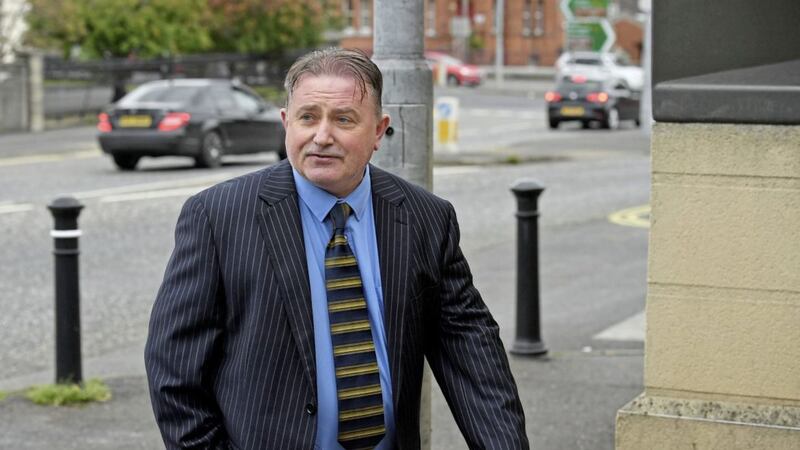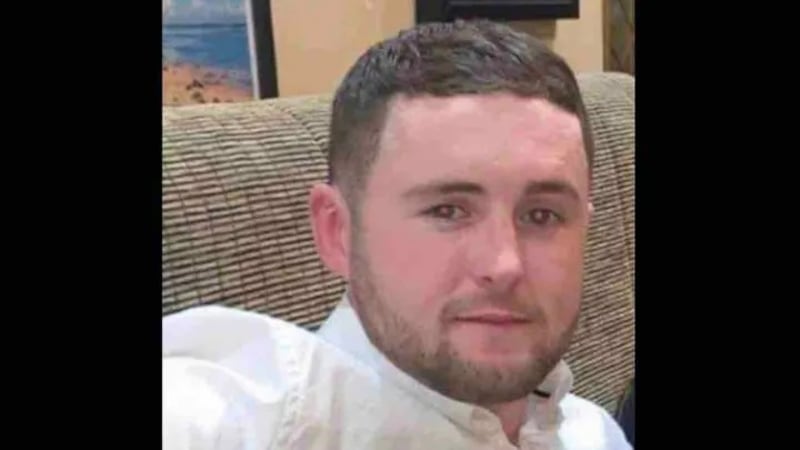The shamed former head of the USPCA, Stephen Philpott who used his position as Chief Executive to defraud the animal charity over a seven year period will have to wait until Monday to discover if he's going to jail.
Newry Crown Court Judge Gordon Kerr QC, who said the custody threshold had been passed, today told the 55-year-old that given the public interest in the case he wanted to prepare a written judgement in his case.
Philpott, originally from Ashgrove Road, but now with an address of The Manse, in the border city, pleaded guilty to one of three charges in September as he was about to go on trial for defrauding the charity between January 2007 and November 2014. The two other charges were 'left on the books' and not proceeded with.
Prosecution QC Liam McCollum revealed that while working for the USPCA, Philpott had pocketed £40,000 in rental fees from the Bessbrook property which were paid to him in cash.
However, the prosecution barrister said that since his guilty plea, he had repaid the missing money.
Philpot's wrong doing came to light after he's asked for a rental contract to be drawn up for the property. And following an investigation it was discovered that there was no record of the rental monies being received by the charity.
The lawyer said it transpired that the rent, £400 per month "simply disappeared" after either paid in cash directly to Philpott or left in the USPCA offices in an envelope on which was written "Attention of Mr Philpott". Following his arrest he claimed the money was used for day to day expenses or to pay for casual labour, or intelligence resources, but again no record of these dealings were found.
Defence QC James Gallagher said that as "a consequence of his failings" Philpott, who is facing major surgery later next week, "had not only lost his job, but also his self-esteem which has impacted on his mental well being".
He said references showed he was a man who "worked tirelessly in the interests of the charity .... often involving dangerous investigations ... badger baiting ... dog fighting" all involving additional working hours. Such work also brought with it "very severe threats .... from criminal gangs who took exception to his investigations".








